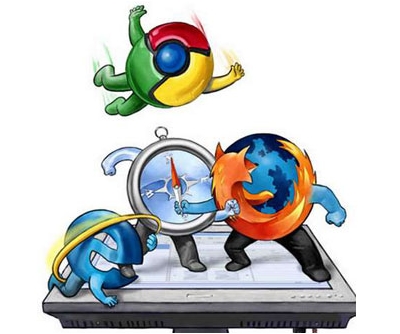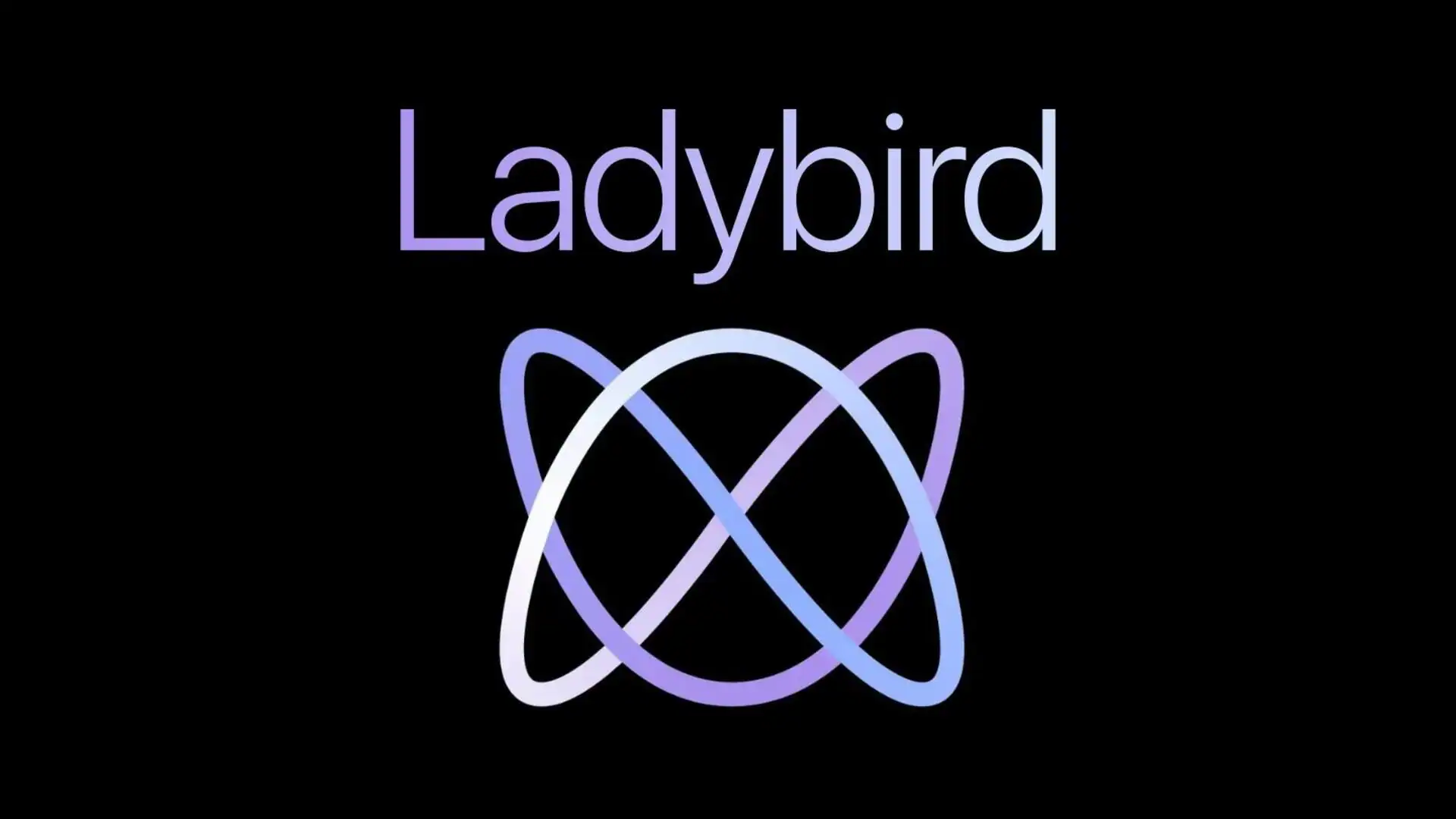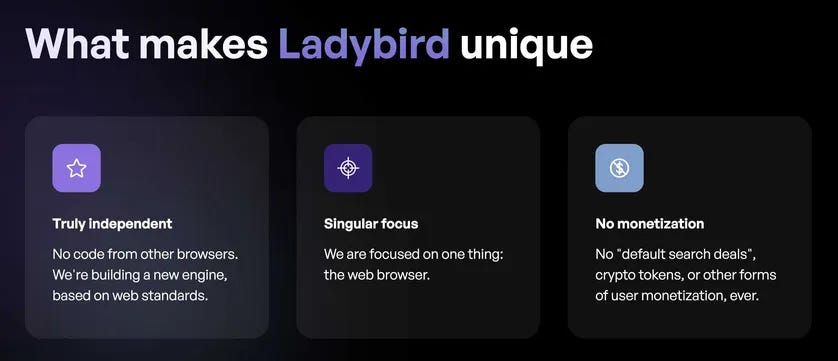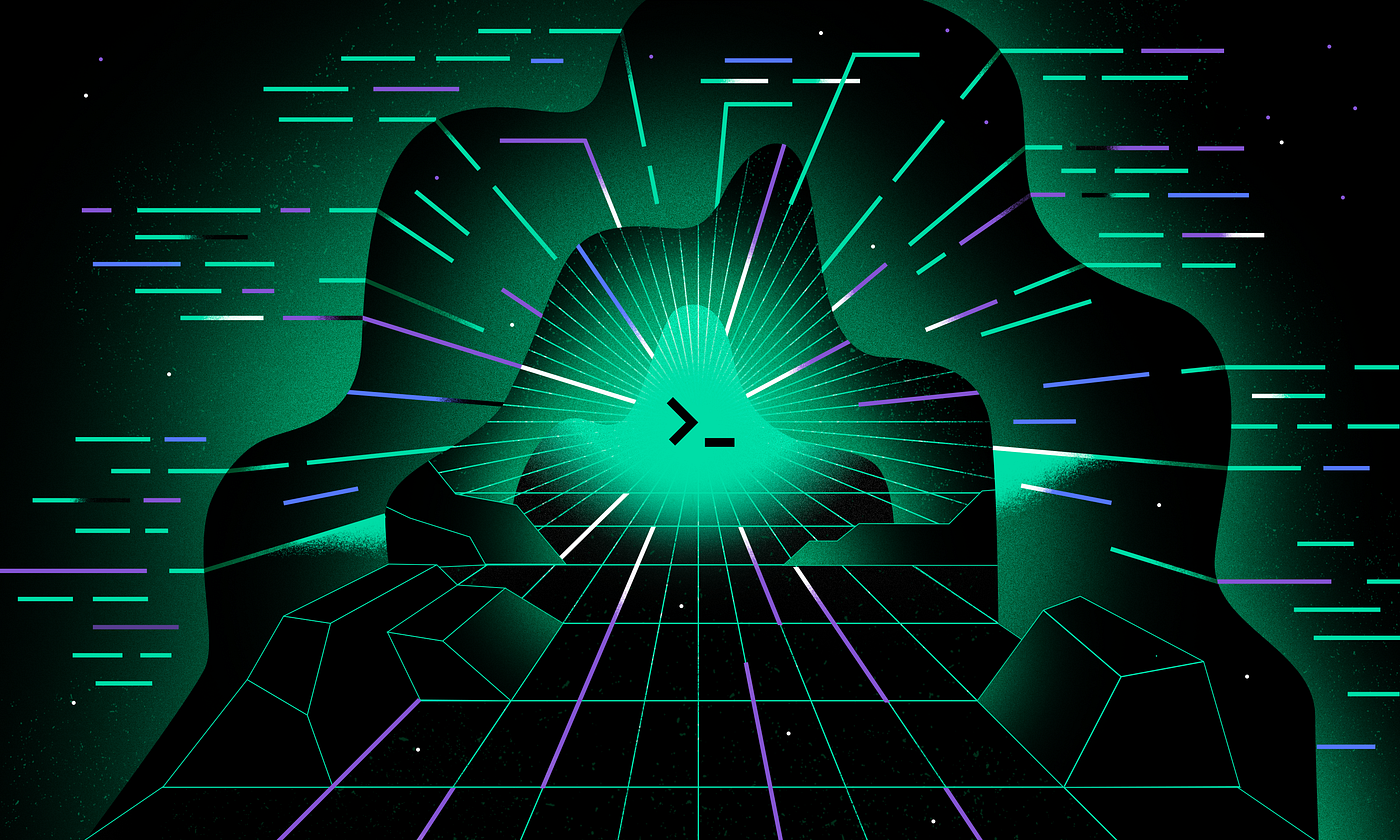The Power of the Web: A Double-Edged Sword
Perhaps, the worldwide web is the most significant foundation of civilization. It serves as a limitless space where people exchange thoughts, setup industries and establish communities. The area was named cyberspace by John Perry Barlow who believed it to be the new mental environment. In his famous “Declaration of Independence of Cyberspace,” Barlow famously stated that we are building a world where any person from anywhere can state their beliefs irrespective of whether they might be forced or coerced into compliance with them. However, this freedom comes at a price—there is an associated peril that may threaten such openness.

The Web as the Pillar of Modern Civilization
John Perry Barlow’s Vision of Cyberspace
While dreaming up his declaration, Barlow, not just dreaming up, was preparing the foundation for what could and should be the internet: place without any restrictions where freedom and creativity are free. He saw a world where people could talk to each other or work together without being obstructed by geographical boundaries or dictatorial regimes. He considered cyberspace as an open land like wild west which was characterised by its rules and the way societies emerged.
The Declaration of Independence of Cyberspace
The declaration made by Barlow stated that the physical governments hold no sovereignty over cyberspace. However, it was a daring statement and one that truly embodied its period. The beginnings of the internet were exciting times when there was hope that this could be a new place; freer, more open and much more democratic than our world is today. With time however, the population of the web grew while the forces behind it also rose to control it.
Freedom and Innovation: The Heartbeat of the Internet
The internet’s heartbeat of, as Barlow put it through his words, freedom is what allows for new ideas to grow and develop. It is also that freedom which births movements capable of overthrowing governments and creating millions of millionaires today. However this freedom is not guaranteed. There are only a few strong people who dominate the means through we use browsers to surf on the web. This leads us to one of the most important questions ever asked; What if these entities start using their power against innovation and curtailing liberty?

The Gatekeepers of Cyberspace: Web Browsers
The Dominance of Chrome, Safari, Edge, and Firefox
Today, just four web browsers, Chrome, Safari, Edge and Firefox are used by more than 90% of us to access the web. These browsers act as our entry points into cyberspace – they are what we use to access the bottomless pit of resources called the internet. However, there is one thing which none of them can escape from; all these browsers either have a shared technology or funding that is somehow controlled by Google. This includes even Firefox, who upholds open source software whose substantial financial support comes from Google.
Google’s Influence on Browser Technology
Web search and browser technology are heavily controlled by Google, almost a monopoly. That is why our web experience is directly influenced by the company. This is because Google controls Chromium, which is also an open-source project that powers Chrome, Edge, Brave among others. It’s through this control that Google can influence the direction of web standards and therefore determine the future of the internet itself.
The Hypothetical Threat of Centralized Control
Google is not evil – but what would happen if it was? Think about a world whereby Google, on its part, decides that some contents such as cat memes are no longer allowed. Google hypothetically could make it impossible to access or share this content if it wished by virtue of its control over browser technology. As an example, this is extreme; however, it serves as a case in point for central control of the tools that we use to get on the internet. Our society cannot take chances to allow that to occur.

The Browser Wars: A Fight for Control
The Rise of Open-Source Alternatives
Fortunately, there are people who see this danger and take a corresponding action because of it. The browser war is raging with new contenders challenging the already established behemoths. Just recently, Firefox launched in the sidebar tab management which is already supported by the increasingly popular Arc browser. However, that is just the beginning.
Firefox’s New Features vs. Arc Browser
The sidebar tab manager is one of the new features that Firefox has added to stay competitive with Arc and other browsers. This sleek design and unique user experience has won a following for Arc, however. And this is great because it ensures innovation and choice between these browsers are maintained at a maximum level hence competition between them is always fierce.
The Rust Revolution: Verso and Blitz Browsers
On the other hand, Rust has two new browsers, Verso and Blitz which are open source. Rust is a good choice for building modern browsers because of its safety and performance. Additionally, the cutting-edge browser development involves Verso based on Servo engine and Blitz as a super minimal web renderer. The main thing is that they are fast, secure, and above all open sourced.

Enter Ladybird: A Beacon of Hope
The Birth of Serenity OS
However, Ladybird is probably the most ambitious browser wars project. The story of Ladybird starts with Serenity OS, an operating system built by Andreas Kling. Having finished a rehabilitation program in Sweden and lost his job at Apple and Nokia where he worked on WebKit, Kling was unemployed and bored. Still unbroken, however, he did something incredible instead; he created an operating system from nothing.
Andreas Kling’s Journey from Boredom to Innovation
Kling’s journey is true evidence that boredom and the innate human inclination to produce something are very powerful forces. When bright individuals such as Kling find it boring, they normally take unusual actions. In this situation for instance, Kling had to build an operating system right from scratch that included a 1990s-style graphical user interface and late-2000s Unix command-line interface. He christened this Serenity OS project which went on evolving into Ladybird later on in development.
Ladybird’s Independence: A Cross-Platform Revolution
In its own right, on 4th July, 2022 the Serenity OS browser engine declared its independence and became a cross-platform project. The name was changed to Ladybird and the project picked up with over one thousand contributors and about five hundred thousand lines of C++ code. It has now developed into a fully-fledged web browser known as Ladybird which aims at being an alternative to Google’s dominance in this area.
The Philosophy Behind Ladybird: No Incentives, No Corruption
The philosophy behind Ladybird is what distinguishes it from others. Unlike any other browser, including the privacy-conscious ones, Ladybird relies solely on its sponsorship and donation for financial support. It has no motivations whatsoever and because of that it doesn’t get spoiled by corruption. The code used in Ladybird is completely original as it didn’t borrow anything from other browsers making it one hundred percent independent. This strategy enables Ladybird to stay committed to its goal of providing a free and open web.

The Technical Challenges of Building a Browser
The Complexity of Following W3C Standards
Creating a web browser from scratch is not a walk in the park – it’s not an easy task. To make sites function as expected, browsers have to stick to W3C standards, which encompass over four million words and evolve continuously. This is a massive problem that needs immense technical knowledge and commitment.
From HTML to JavaScript: Building Blocks of the Web
LibHTML and LibJS are HTML and JavaScript engines developed by the Ladybird team that have advanced quite a bit. The development of web would not be possible without these engines, which enable it to display content and
perform other functions on websites. Nonetheless, there is still a long way to go.
The Role of Tools like FFMpeg in Browser Development
For multimedia content, Ladybird exploits well-known tools like FFMpeg for playing videos. As a result, it can focus on core browser features and depend on tried-and-true technologies to handle specialised tasks. Nevertheless, creating a web browser is still a difficult process because one has to strike the right balance between functionality, performance and security.

Why Ladybird Matters
The Threat of Power Consolidation on the Internet
The question is, why should we care about Ladybird? This is due to the fact that power continues to concentrate in the internet. The more powerful few entities control the internet, the higher is the risk of censorship and control. It can be argued that Ladybird represents an opportunity for reversing this trend and maintaining a free and open internet.
The Potential of Ladybird to be A Game Changer
Ladybird could be a game-changer, serving as a far more autonomous choice compared to Google’s browsers and those of other tech bigwigs. As much as Ladybird may never have much market presence, its mere existence is enough to keep the traditional players on their toes compelling them to innovate and abide by the internet openness and freedom values.
The Broader Implications for Internet Freedom
The sweeping consequents of Ladybird’s success are far-reaching. In case Ladybird can demonstrate that it is feasible to construct a competition-oriented, open-source browser without the backing of a tech giant, this would be groundbreaking and might spur another wave of innovation in addition to helping preserve the internet as an idea playground free from corporate control.

Conclusion: The Future of the Web: An Open or Closed Cyberspace?
The war for the web rages on as we look ahead. Our decisions concerning the browsers we employ and the projects we endorse today will be instrumental in shaping the internet of tomorrow. Will we permit a few influential bodies to monopolise our information access, or will we back things like Ladybird that are fighting to maintain an accessible Internet? The response to this query is what will determine whether cyberspace lives or dies and safeguards people’s liberties too.









Leave a Reply